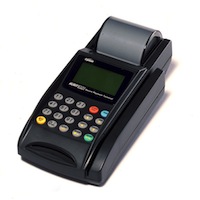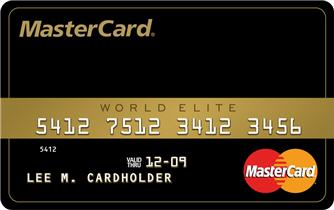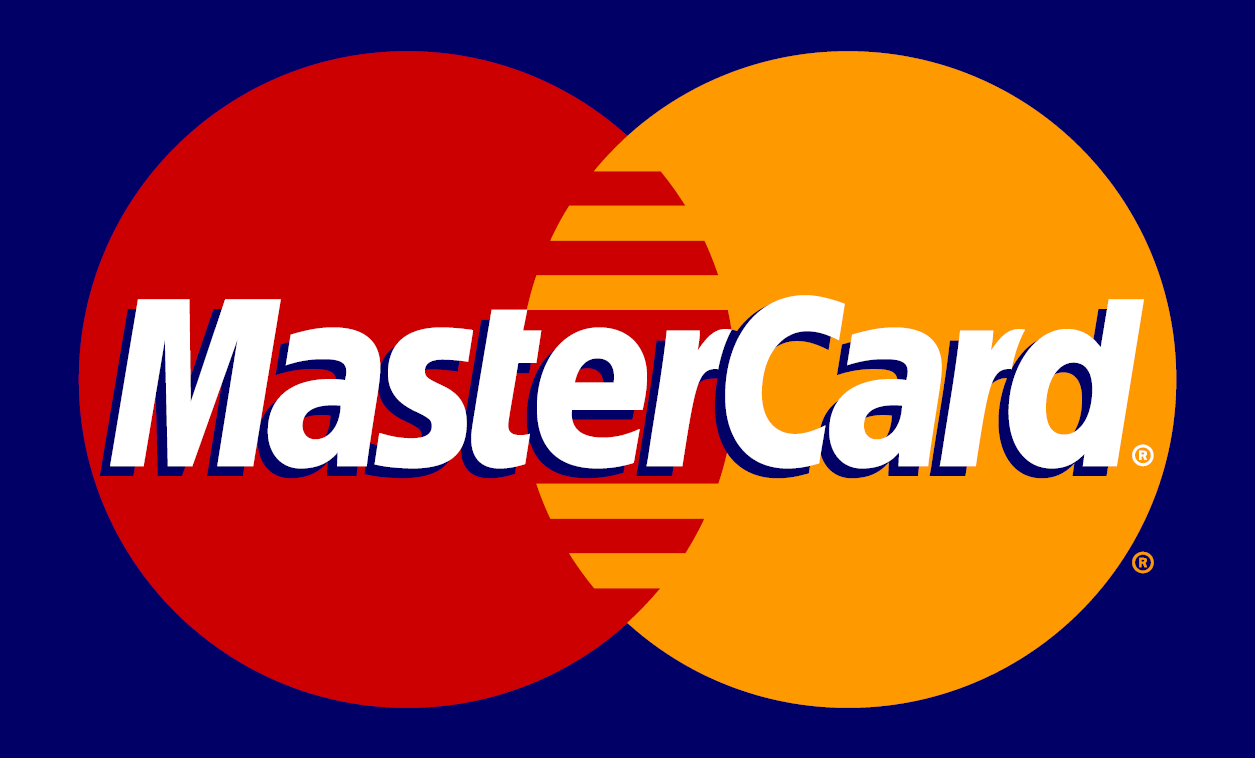MasterCard Says Early Days for Mobile Payments Adoption in Nigeria
MasterCard Worldwide recently unveiled the MasterCard Mobile Payments Readiness Index (MPRI), an analysis of 34 countries and their readiness to use three types of mobile payments: person to person, mobile web commerce and mobile contactless payments at the point of sale.The MPRI found that while no two markets are the same, consumer readiness is the critical success factor to drive mobile payments adoption around the globe.
Nigeria scored 31.3 on the MPRI, with the global average being calculated at 33.2. However, it is worth noting that Singapore, which scored highest on the index, achieved a rating of 45.0. “It is early days for mobile payments globally,” says Omokehinde Ojomuyide, Country Manager, West Africa, MasterCard Worldwide. “Even the most advanced country in the survey did not achieve 50 points, and the spread of the 34 countries surveyed is only 22 points.”
“There are nearly100 million active sim cards in Nigeria,” adds Ojomuyide. “Although currently only 5% of these are smart phones that can access the Internet, a sub-$50 smart phone is expected in African markets in the next three years. The high penetration of mobile usage already in the market shows that Nigerians are accustomed to communicating via their mobile devices, and the step to mobile payments will be a natural one, once these devices are more accessible.”
The MPRI identified Singapore, Canada, the United States, Kenyaand South Korea as the most prepared markets. The Index indicates that while it’s early stages for mobile payments adoption, all markets globally – either highly scaled and integrated ones like the United Kingdom or compact and technology-driven ones like Singapore – are making progress towards reaching an inflection point where mobile devices account for an appreciable share of the payments mix.
A move towards mobile payments is in line with the Nigerian government’s Cash Policy, which actively encourages Nigerians to reduce the amount of cash circulating in the local economy.
“MasterCard’s vision is a world beyond cash,” says Ojomuyide. “By moving to non-cash payment mechanisms such as those offered on mobile phones, Nigerian banks, businesses and consumers will avoid the costs, risks and inefficiencies associated with carrying and handling cash. The MPRI shows that Nigerians are realizing the benefits of mobile payments, although there is still much potential for growth in this field.”
The Index also found that in some markets,young affluent consumers between the ages of 18 and 34 years old are the most willing to engage in mobile payments as they recognize the value of using mobile payments instead of cash or payment cards.
In addition, findings of the MPRI reveal that partnerships among the key players in the mobile payments ecosystem are essential to accelerate the commercialization of mobile payments. Cooperation and collaboration among financial institutions, telcos, governments, technology providers and others can fosteran environment that enables a market to reach critical mass.
Other key findings include:
- Nine of the 10 markets with the highest consumer scores are in APMEA (Asia/Pacific, Middle East and Africa).
- Of the three mobile payment types, more consumers had engaged in m-commerce in 71 percent of the countries surveyed.
- In developing economies, consumers are typically drawn to mobile payments for access to the larger economy, both national and global, as well as to a regulated and secure economic infrastructure. Consumers in the developed world are drawn to the convenience of mobile phone payments.
“Technology infrastructure, a responsive regulatory environment and a robust economy are table stakes for the advancement of mobile payments,” said Ojomuyide. “The necessary conditions are consumer readiness and industry integration. As no one entity can develop and promote mobile paymentsby itself, key players in the ecosystem must work together to collectively advance the cause of mobile payments. MasterCard is already working closely with local financial institutions, businesses and the Nigerian government to pave the way for the advancement of this technology.”







